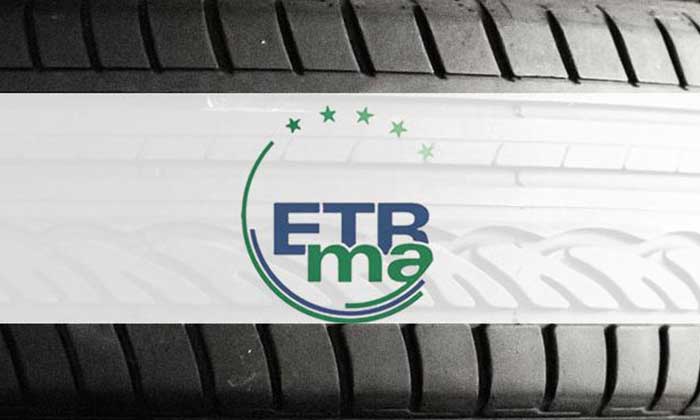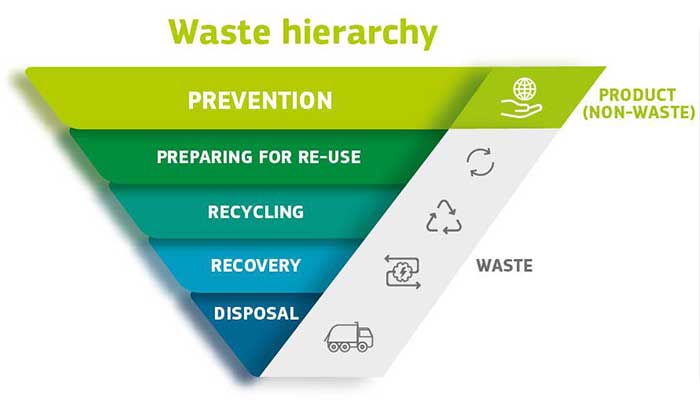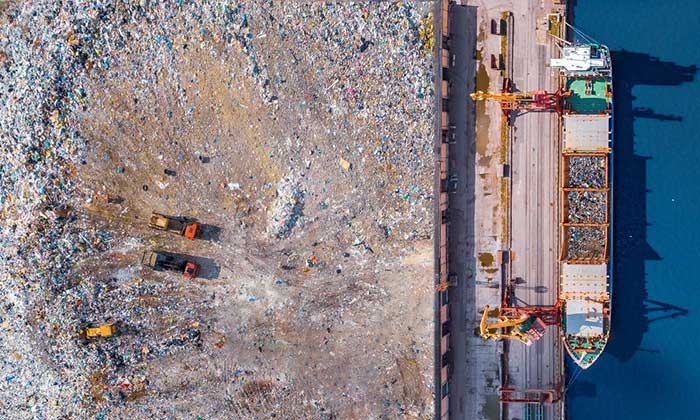Weibold Academy: European Parliament adopts revised rules governing shipments of waste
In 2018, global trade in waste reached 182 million tonnes with a value of around EUR 80.5 billion. Such trade has increased considerably in the last decades, with a peak of nearly 250 million tonnes in 2011. The EU is an important player in global trade in waste, and considerable volumes of waste are being shipped between Member States. In 2020, the EU exported to non-EU countries around 32.7 million tonnes of waste, an increase of 75% since 2004, with a value of EUR 13 billion. Ferrous and non-ferrous metal scrap, paper waste, plastic waste, textile waste and glass waste represent most of the waste exported from the EU. The EU also imported approximately 16 million tonnes, valued at EUR 13.5 billion. In addition, around 67 million tonnes of waste per year are shipped between Member States (intra-EU shipments of waste). Measures on the supervision and control of shipments of waste have been in place in the EU since 1984. In 1989, the Basel Convention on the Control of Transboundary Movements of Hazardous Wastes and their Disposal (Basel Convention) was adopted to address serious problems linked to deposits of toxic wastes imported from abroad to various parts of the developing world. In 1992, the OECD adopted a legally binding decision on the control of transboundary movements of wastes destined for recovery operations (OECD Decision).















